Once upon a time, I was a lifeguard. This was the natural result of swimming fairly well, Red Cross training, and team competition. I saw myself as a handsome, tanned guardian at the ready. Ok, I was prone to self-delusion. When I became a doctor I carried over that image of high-perched protector on stilt chair, whistle in hand, rescue float close, ready to dive to the assistance of a drowning patient. I was wrong.
The critical difference between a lifeguard and a doctor is intimacy of involvement. A lifeguard must able to navigate in the water. Not many of us would be happy that the bronze babe standing watch could not actually swim. “Do not worry, I have read all the research on hypothermia, rip tides and CPR,” would not reassure us, if she could not float. A lifeguard saves by directly applying a skill that at the moment of crisis, the bather lacks; when we cannot, they can.
Not so a doctor. A physician does not need to be sick, nor have any special skill at keeping themselves healthy. They can be a robust Adonis of perfect form, or a chain-smoking, obese creature with diabetes, hypertension and an arthritic gimp. We do not depend on the health of the doctor’s body, nor the emotional stillness of their soul, in order to regain our own vitality.
Strangely, we do desire that our doctor take as good of care of himself as he demands of each of us. If he is a sedentary 250lbs, we do not take seriously the prescription to diet and exercise. We will likely ignore a quit-smoking demand from a doc with yellowed fingers. However, is it relevant? If you are consumed by a complex medical crisis with discomfort, debilitation and radical life change, do you really care if your doctor is eating soy or steak? There is no comfort in the words, “Well, I have no idea how to treat that cancer, but amazingly I have had it myself.”
Much has been written about how being sick changed a healer’s perspective on disease, suffering and medical practice. Many times, I have heard, “the best teaching for a doctor is to have an illness themselves.” I wonder. While there are valuable lessons learned dealing with rude staff, onerous insurance companies, the struggle to recover and unremitting pain, do those experiences really enhance one’s compassionate radar? A doctor beaten down by disease may be emotionally and physically frail, and may project their own suffering onto the condition of each patient, even if not relevant.
We want lifeguards to be intimately involved with us in our struggle against consuming waters. There is no role for objectivity in those frantic moments before we slip under. For god sake, dive in. Doctors, not so much. We depend on physicians in their decisions, teaching and guidance to be objective and analytical, science and data based. Misery does not wish professional company. Their skill and wisdom must come from a point well above the waves. That distance does not mean physicians do not care. Their compassion is based not in their personal health or goals, but in shared humanity, love of life and abhorrence of suffering. The great art of medicine is that doctors can save without ever needing to swim.
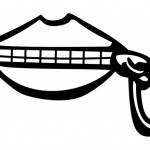
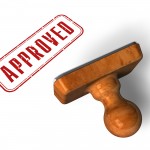
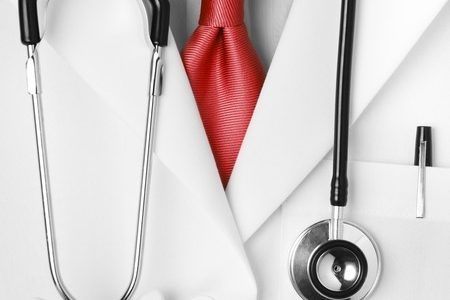
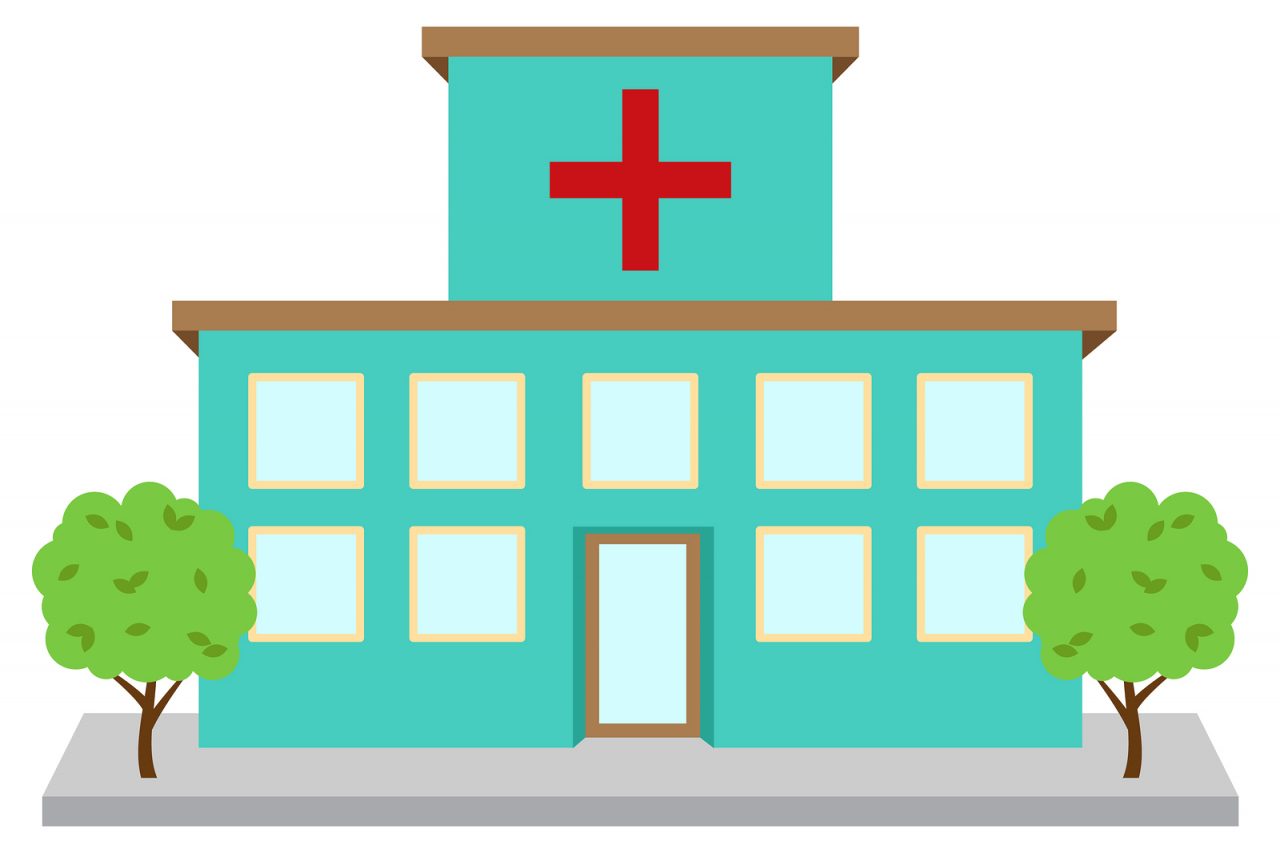

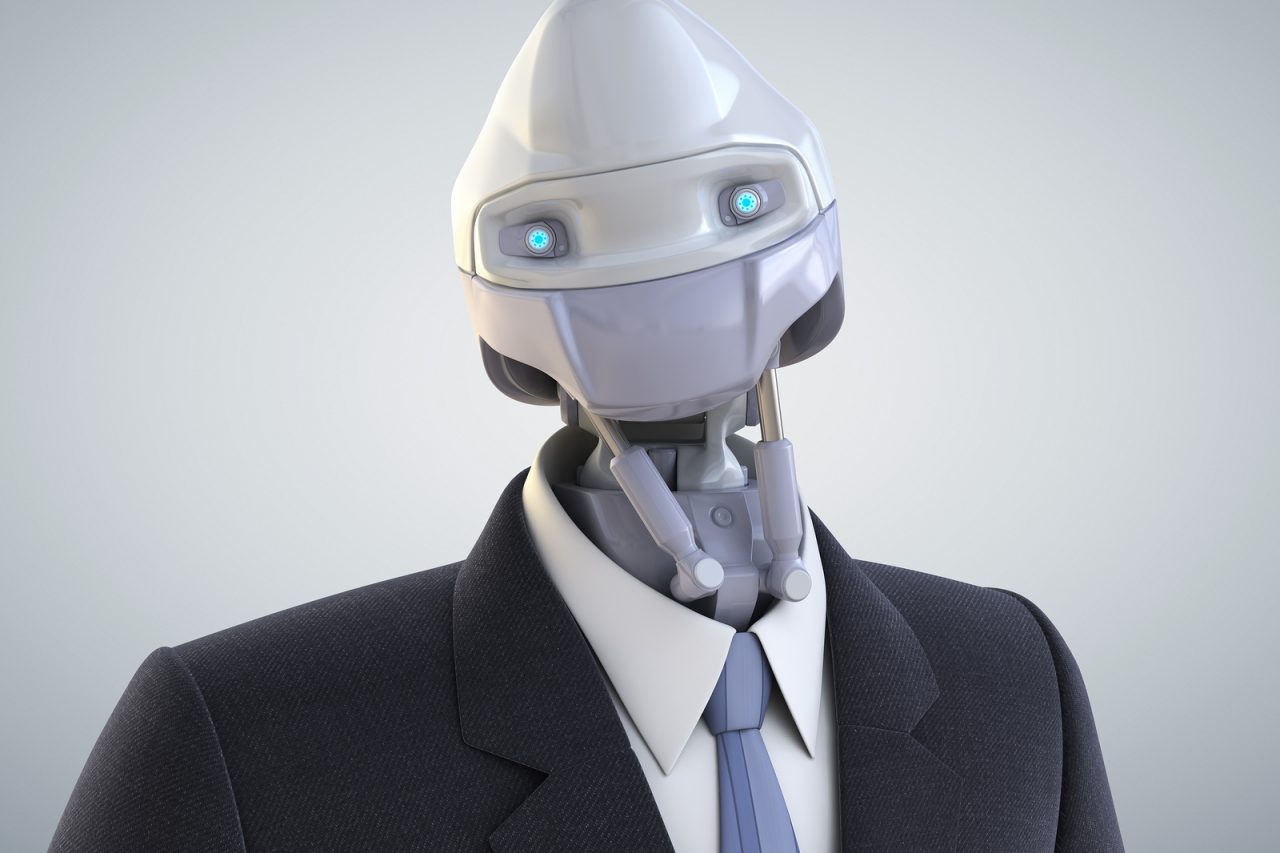

21 Comments